Nuclear disarmament experts on the Treaty on the Prohibition of Nuclear Weapons
- Details
- Category: World Hot News
- Published: Thursday, 30 March 2023 22:20
- Written by Gentry
Editer`s Note: A High-Level Forum on Banning Nuclear Weapons held at Columbia University on 29, March.
In November, the United Nations will host the 2nd Meeting of States Parties to the Treaty on the Prohibition of Nuclear Weapons. In this regard, Nuclear Age Peace Foundation are hosting an important panel discussion with the representative from the Chair of the 2nd MSP (Mexico), representatives of the Coordination Committee and leading experts.participants heard from scholars, diplomats, and activists about the past, present, and future of nuclear weapons. Students have the chance to interact with the distinguished speakers on the most pressing issue of the Nuclear Age time. Learn about the nuclear disarmament movement and how you can get involved!
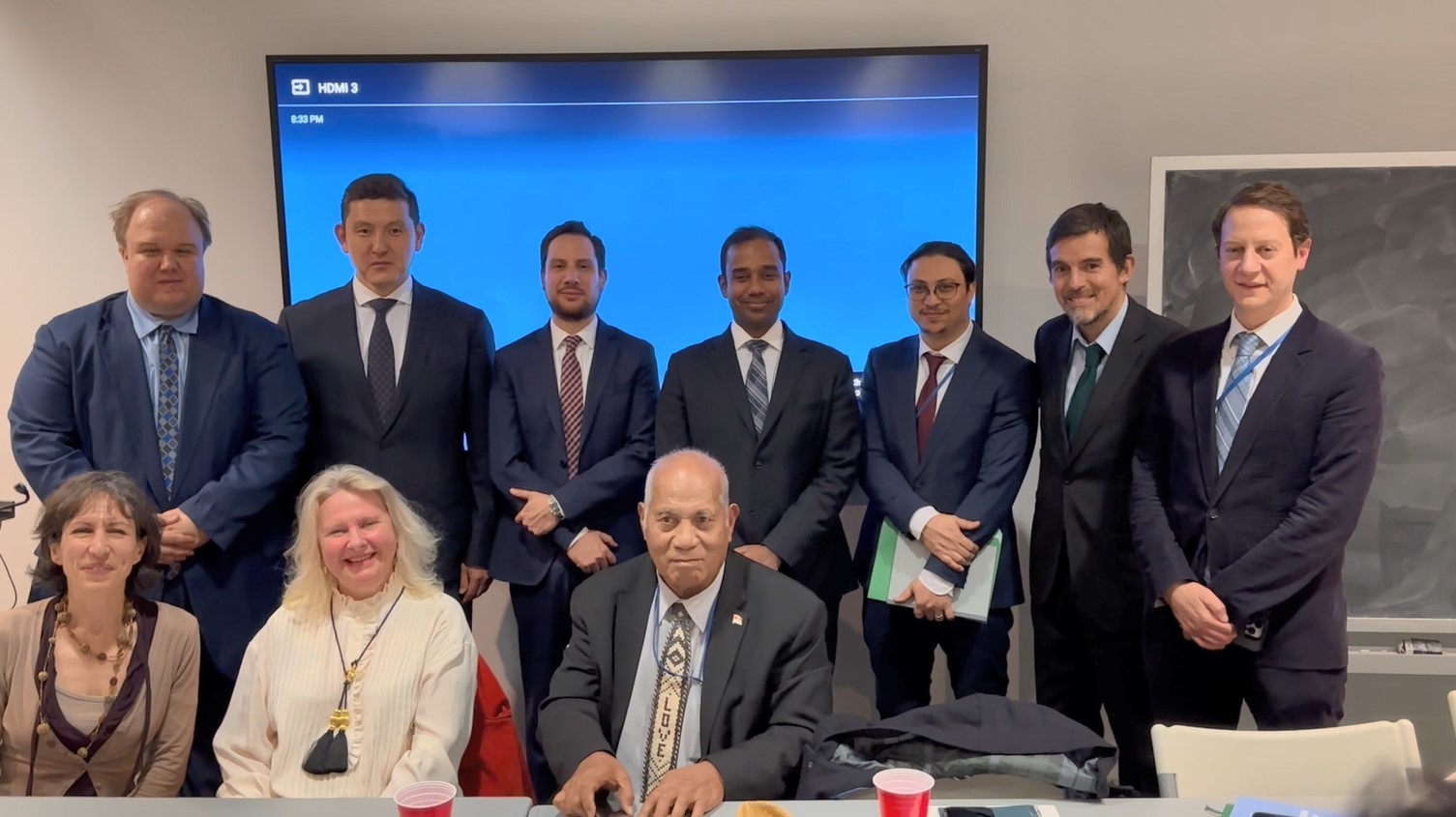 H.E. Ambassador Tito, Permanent Representative of Kiribati (Middle)
H.E. Ambassador Tito, Permanent Representative of Kiribati (Middle)
Please click here on the live broadcast of the current meeting (Sorry for the negligence during the live broadcast, the video can only be viewed normally on mobile phones)
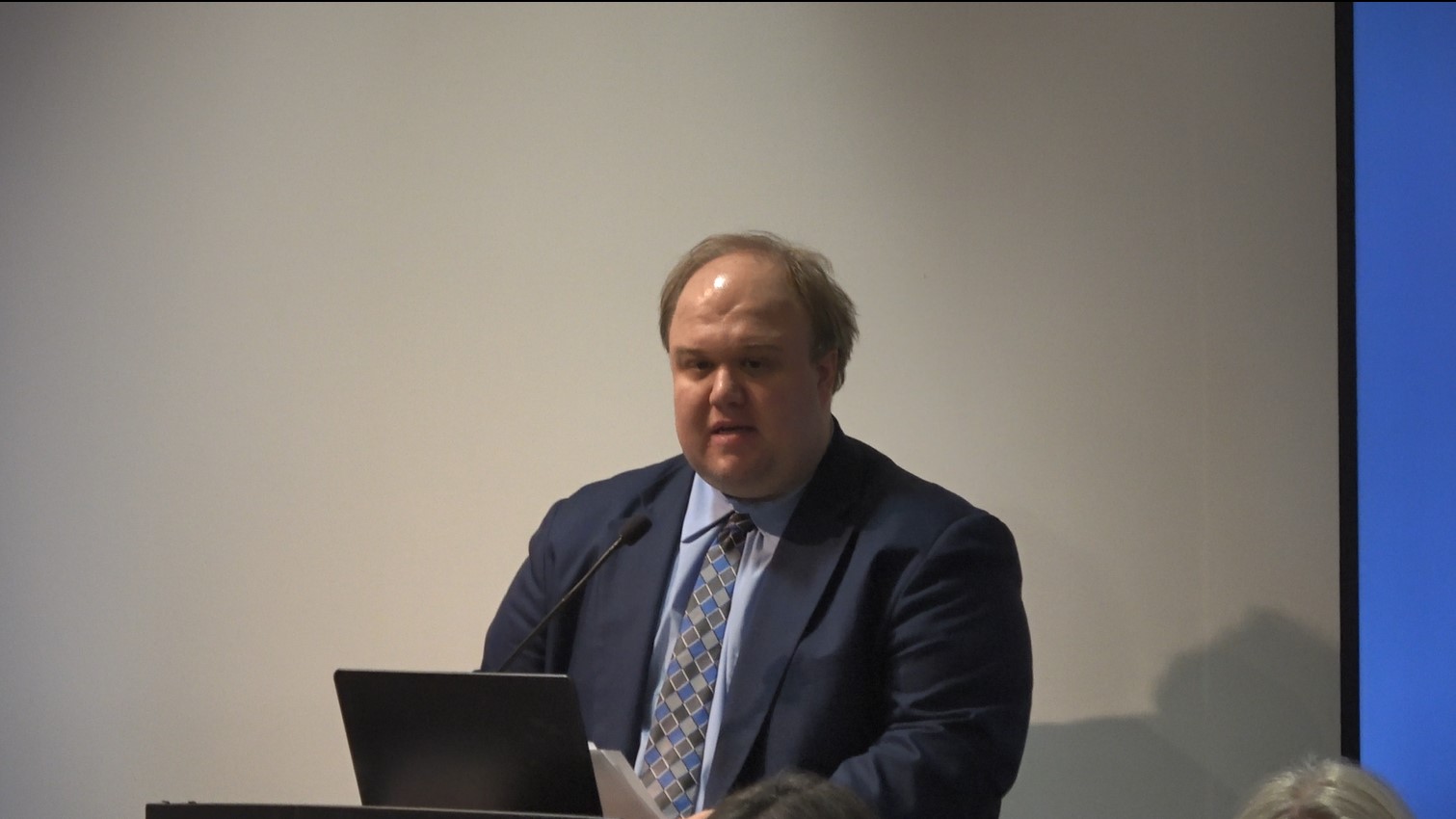
 Zhangeldy Syrymbet, Counsellor, Expert on Disarmament and Nonproliferation Affairs, Permanent Mission of Kazakhstan
Zhangeldy Syrymbet, Counsellor, Expert on Disarmament and Nonproliferation Affairs, Permanent Mission of Kazakhstan Bonnie Docherty, Director of Armed Conflict and Civilian Protection and a Lecturer on Law at the International Human Rights Clinic at Harvard Law School
Bonnie Docherty, Director of Armed Conflict and Civilian Protection and a Lecturer on Law at the International Human Rights Clinic at Harvard Law School
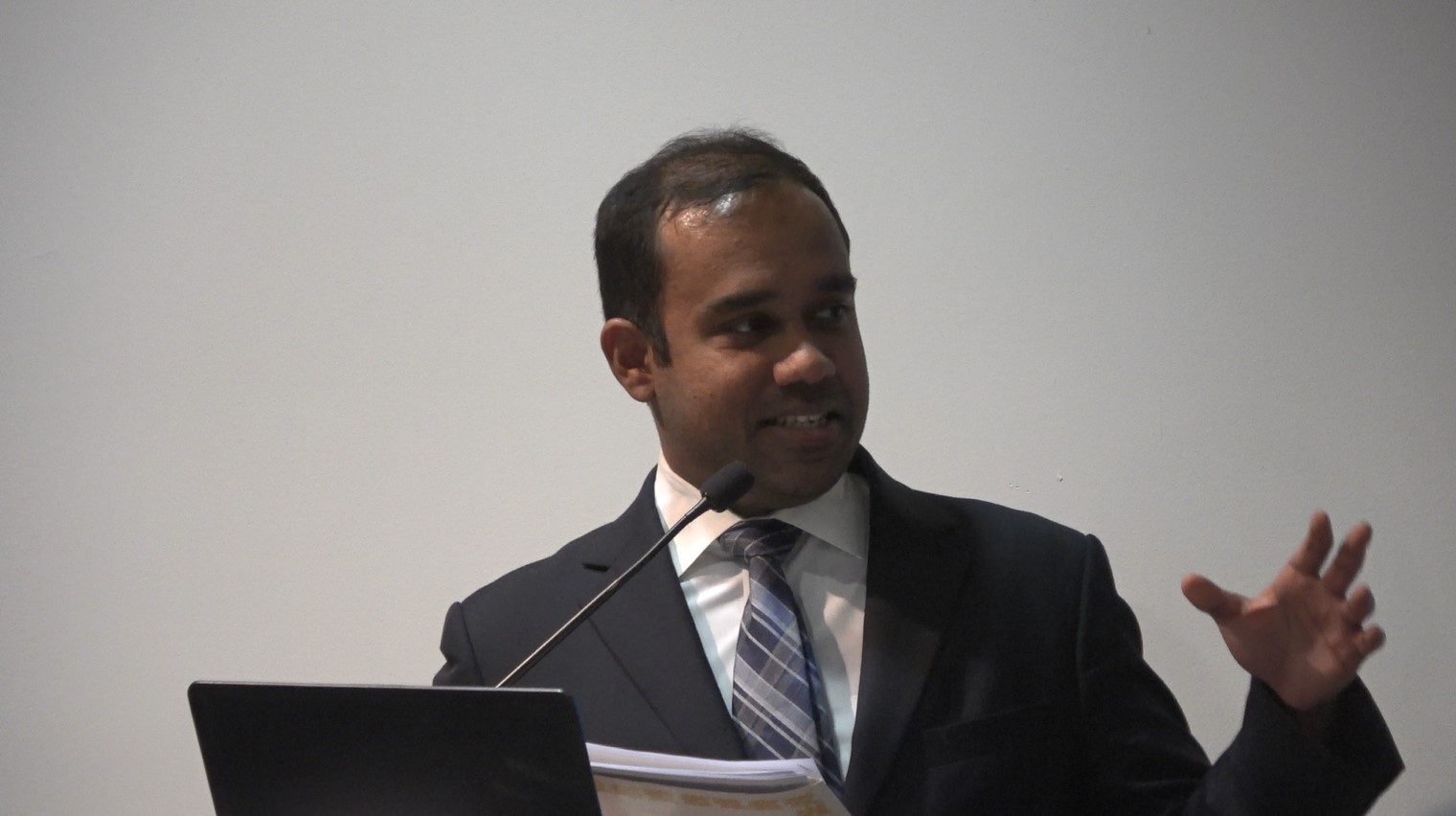 Shivanand Sivamohan, Second Secretary, Expert on Disarmament and Nonproliferation Affairs, Permanent Mission of Malaysia
Shivanand Sivamohan, Second Secretary, Expert on Disarmament and Nonproliferation Affairs, Permanent Mission of Malaysia Seth Shelden, United Nations Liaison for the International Campaign to Abolish Nuclear Weapons, Winner of the 2017 Nobel Peace Prize
Seth Shelden, United Nations Liaison for the International Campaign to Abolish Nuclear Weapons, Winner of the 2017 Nobel Peace Prize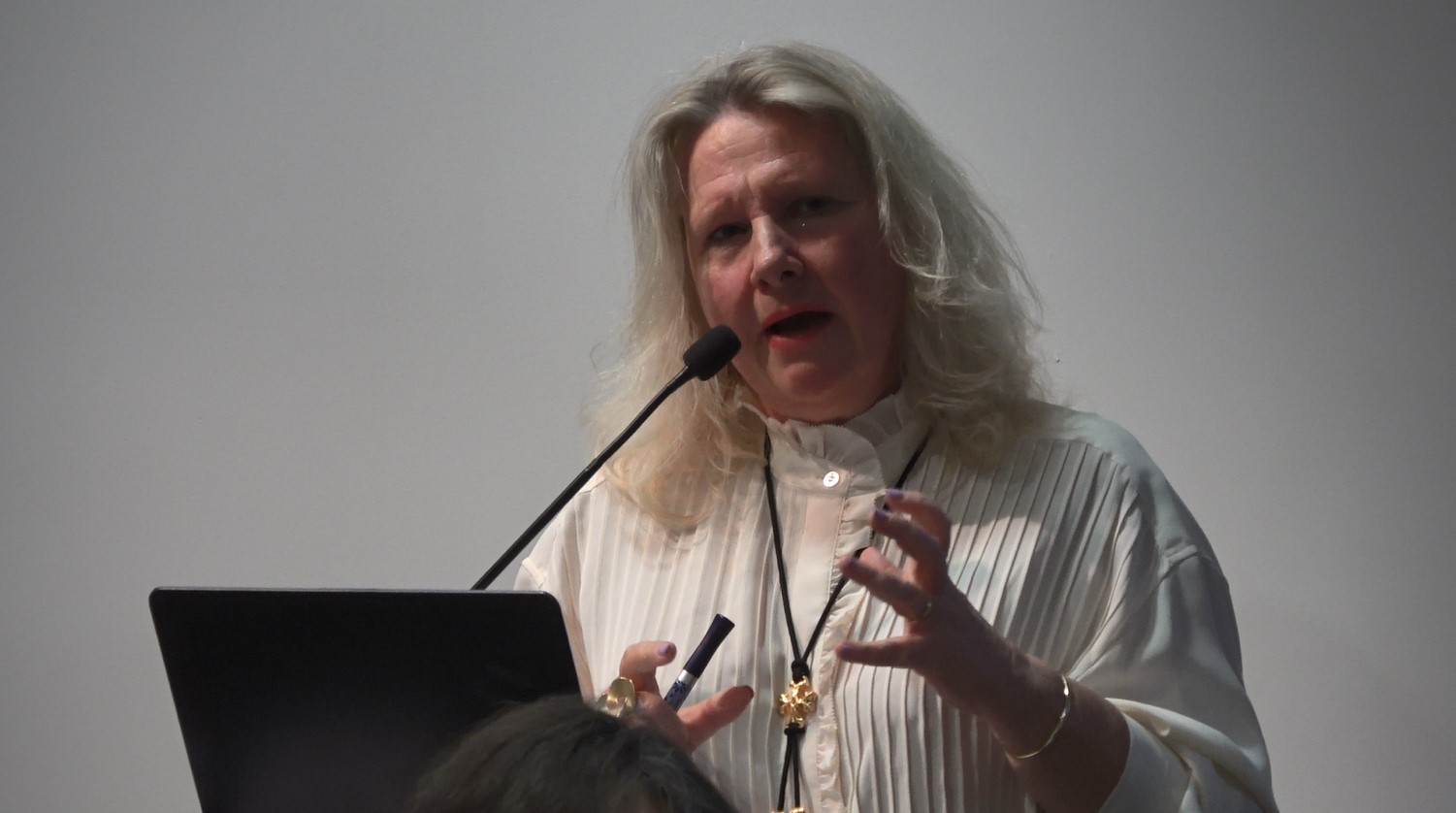 Veronique Christory, Senior Arms Adviser for the International Committee of the Red Cross, Delegation to the UN
Veronique Christory, Senior Arms Adviser for the International Committee of the Red Cross, Delegation to the UN Eduardo Alcibiades Sanchez Kiesslich, Third Secretary, Expert on Disarmament and Nonproliferation Affairs, Permanent Mission of Mexico
Eduardo Alcibiades Sanchez Kiesslich, Third Secretary, Expert on Disarmament and Nonproliferation Affairs, Permanent Mission of Mexico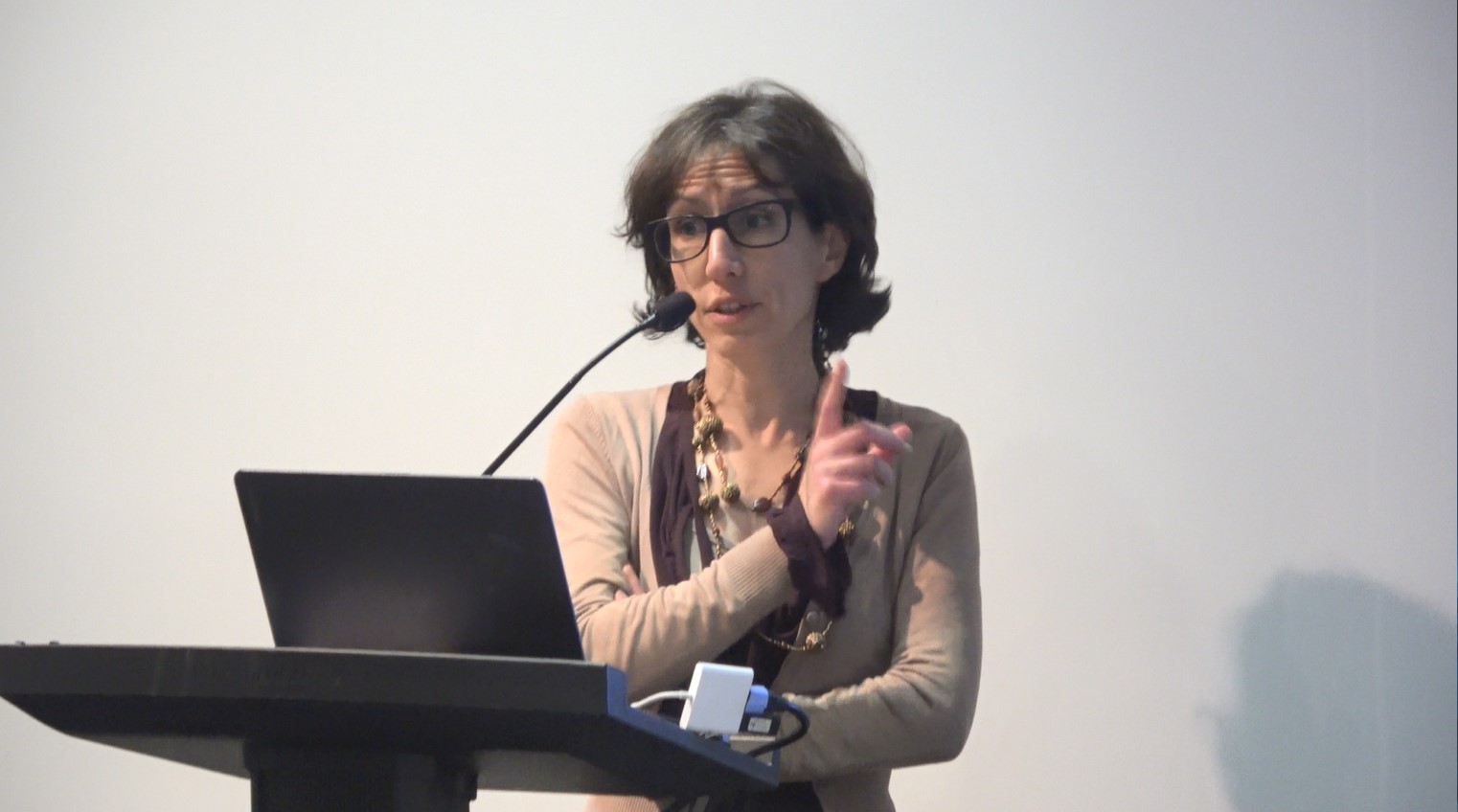 Dr. Ivana Nikolic Hughes, Senior Lecturer in the Discipline of Chemistry at Columbia University and President of the Nuclear Age Peace Foundation
Dr. Ivana Nikolic Hughes, Senior Lecturer in the Discipline of Chemistry at Columbia University and President of the Nuclear Age Peace Foundation
- H.E. Ambassador Tito, Permanent Representative of Kiribati
- Zhangeldy Syrymbet, Counsellor, Expert on Disarmament and Nonproliferation Affairs, Permanent Mission of Kazakhstan
- Eduardo Alcibiades Sanchez Kiesslich, Third Secretary, Expert on Disarmament and Nonproliferation Affairs, Permanent Mission of Mexico
- Shivanand Sivamohan, Second Secretary, Expert on Disarmament and Nonproliferation Affairs, Permanent Mission of Malaysia
- Veronique Christory, Senior Arms Adviser for the International Committee of the Red Cross, Delegation to the UN
- Seth Shelden, United Nations Liaison for the International Campaign to Abolish Nuclear Weapons, Winner of the 2017 Nobel Peace Prize
- Bonnie Docherty, Director of Armed Conflict and Civilian Protection and a Lecturer on Law at the International Human Rights Clinic at Harvard Law School
- Dr. Ivana Nikolic Hughes, Senior Lecturer in the Discipline of Chemistry at Columbia University and President of the Nuclear Age Peace Foundation
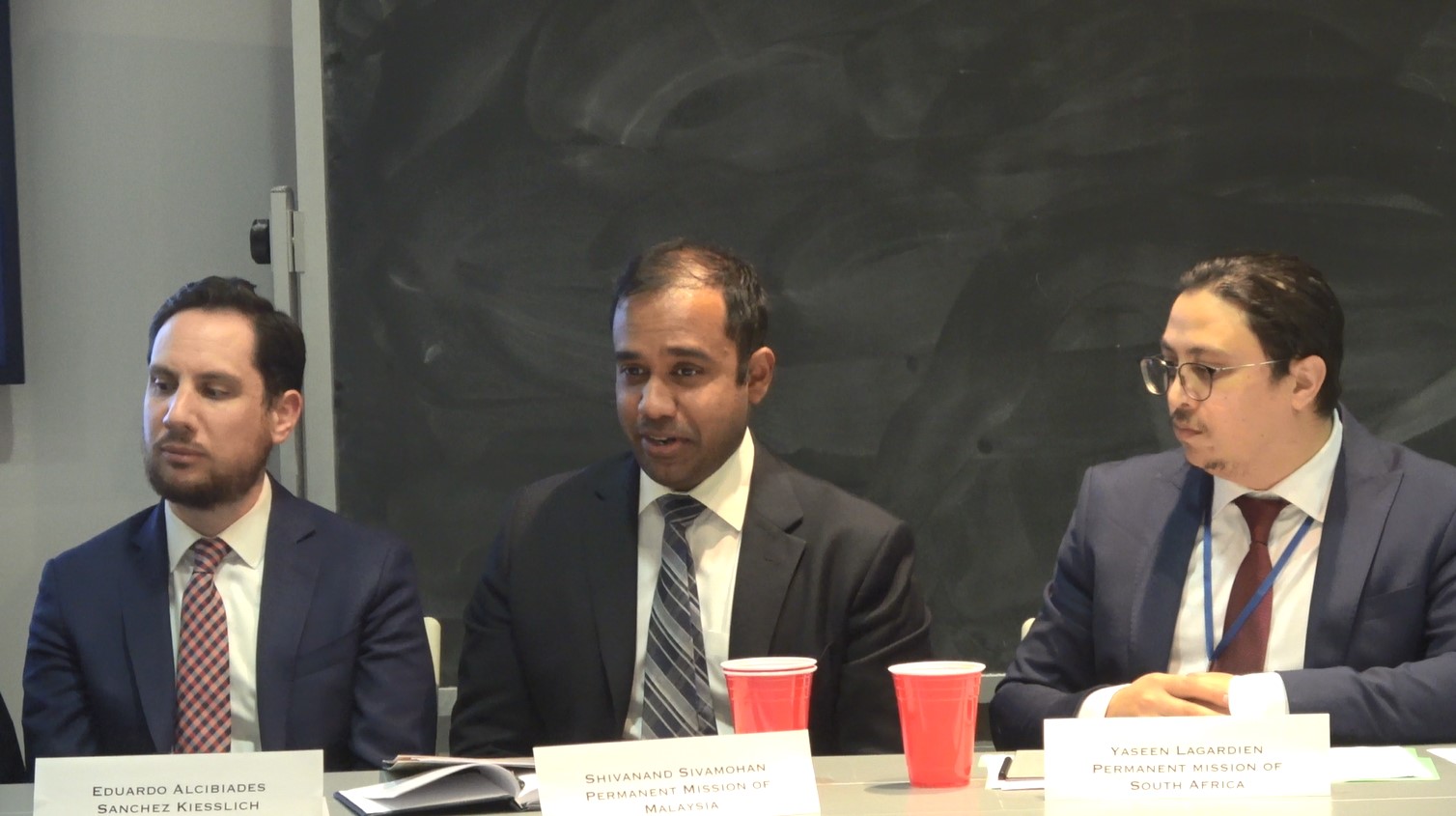
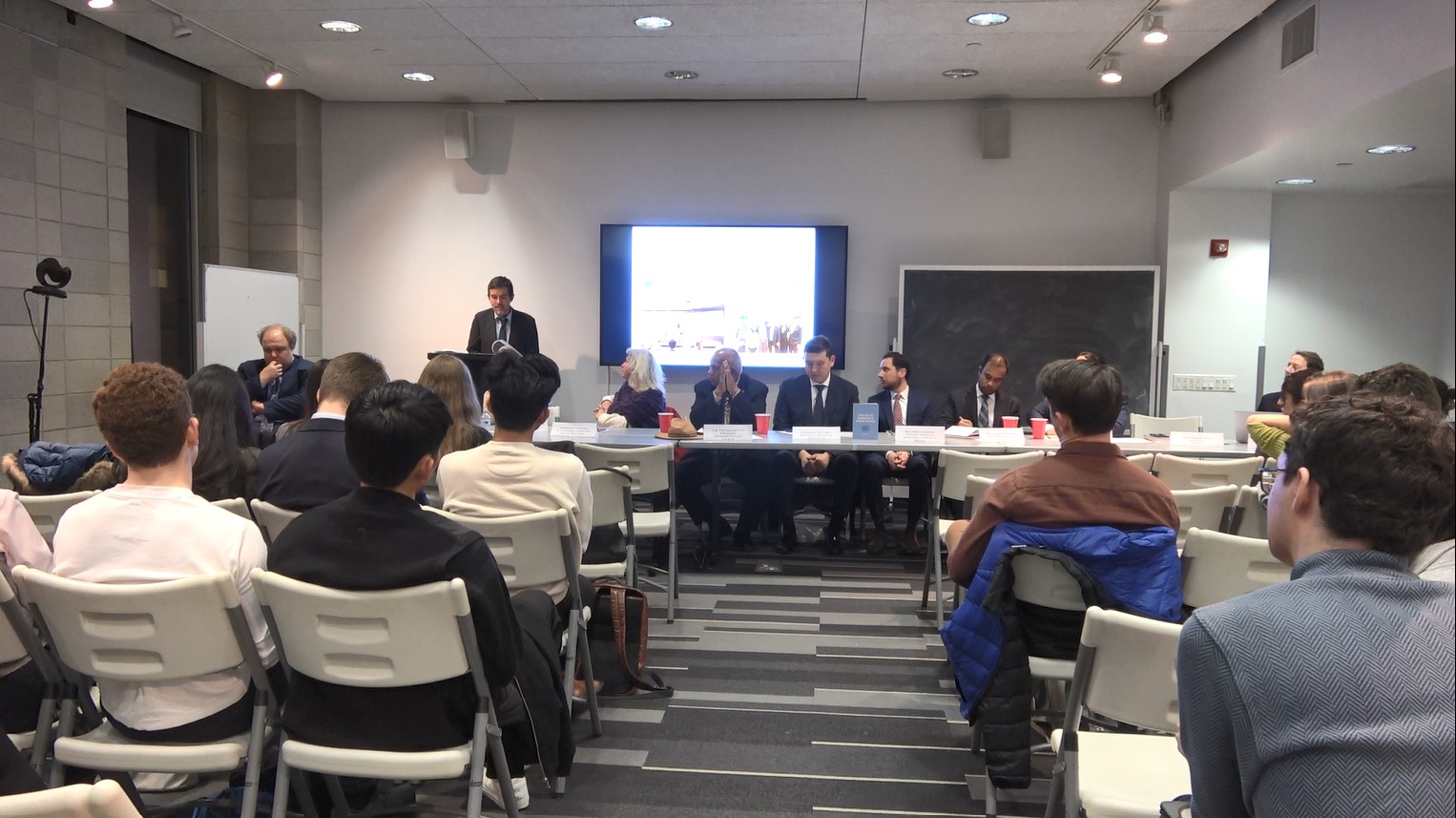



 © IOM Mexico/Alejandro Cartagena
© IOM Mexico/Alejandro Cartagena































 People authorized Chairman Max Morgen
People authorized Chairman Max Morgen




